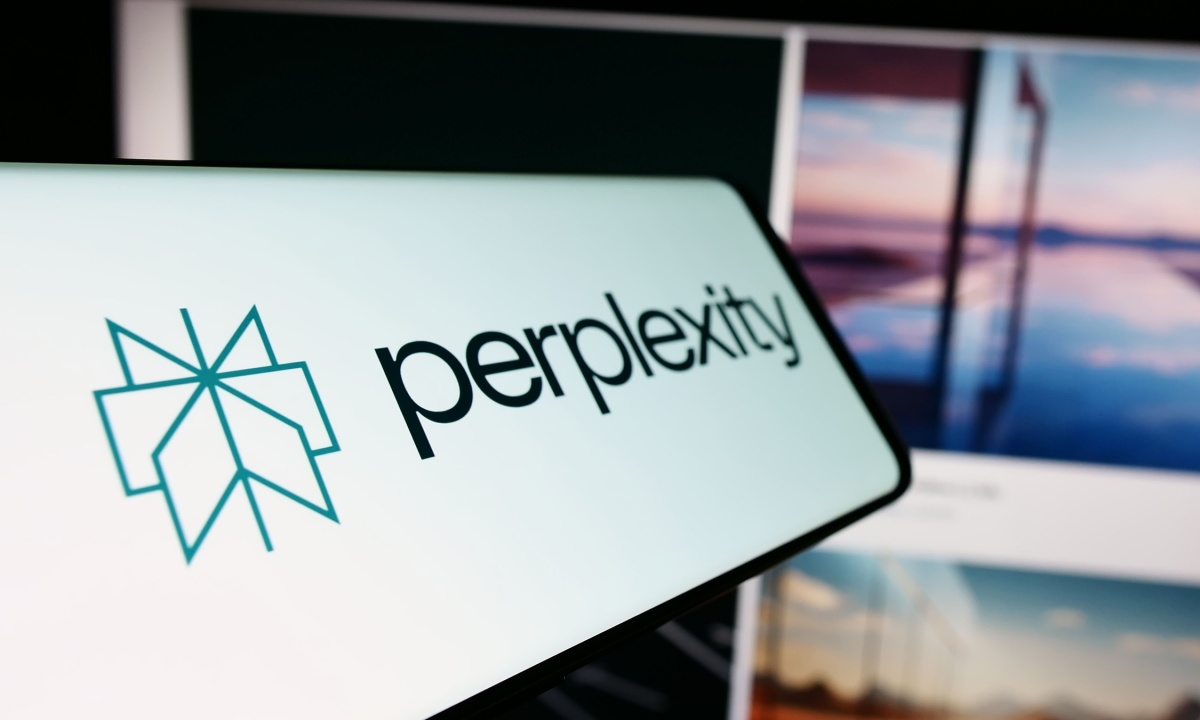Perplexity CEO Aravind Srinivas said Friday (Oct. 25) that the artificial intelligence (AI) search company is serving over 100 million queries per week.
“Perplexity now serves over 100M queries every week,” Srinivas wrote in a post on X. “Next stop: 100M+ queries every day.”
This announcement comes five days after it was reported that Perplexity is looking to raise about $500 million in a new funding round that would value it at $8 billion.
The reported potential funding round would be the company’s fourth in a year and would more than double its valuation. It was valued at $520 million in January and $3 billion this summer.
Perplexity’s annualized revenue is about $50 million, up from $10 million in March.
It was reported in September that Perplexity is planning a new advertising model for its AI-powered search engine and is in talks with brands in a bid to take on Google in the digital ad market.
With this new model, brands would be allowed to bid for a “sponsored” question that features an AI-generated answer approved by the advertiser. Currently, Perplexity’s AI chatbot gives users a comprehensive response to questions based on information from the web, as well as suggestions for follow-up queries.
The company was sued Monday (Oct. 21) by two News Corp-owned publishers—Wall Street Journal (WSJ) parent company Dow Jones and the New York Post.
In their copyright infringement lawsuit, the publishers allege that Perplexity uses their copyrighted content to answer users’ questions, in some cases reproducing entire articles, and takes traffic that would otherwise have gone to the publishers’ sites.
Two days later, on Wednesday (Oct. 23), Srinivas said he was surprised by the lawsuit and that Perplexity wants to form revenue-sharing partnerships with news publishers.
Srinivas said that he is not interested in signing licensing agreements with publishers, instead suggesting that the company would share advertising revenue with publishers.
He added that Perplexity could supply publishers with chatbots that would respond to users’ queries on the publishers’ websites, using their content to provide the answers.
“I hope that more conversations will get us there,” Srinivas said.

